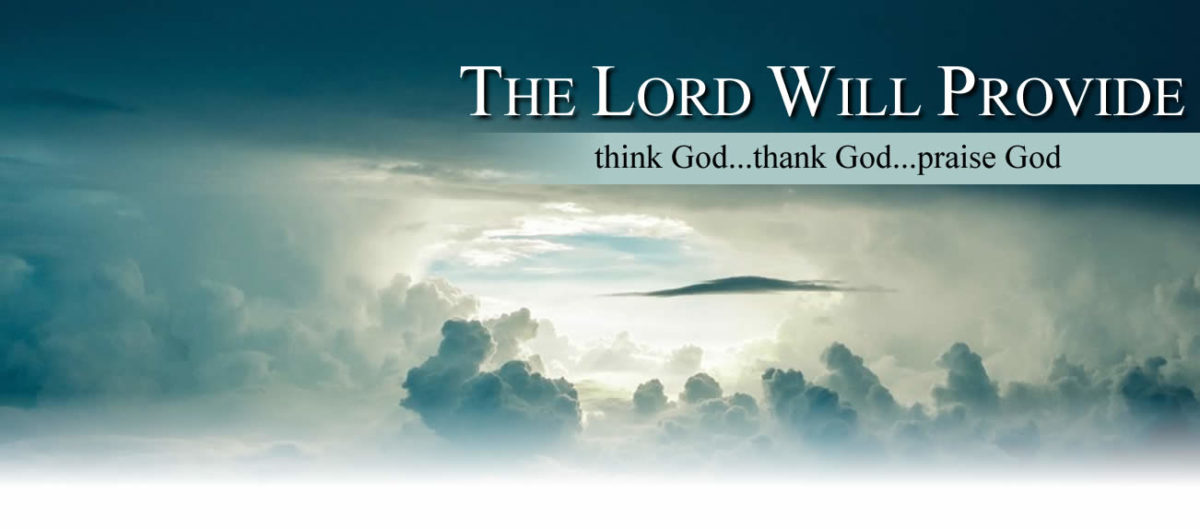Devotional quality
I will look for guidance and understanding from my church that I attend regularly: which is the United Church Of God. This church was founded by Herbert W. Armstrong in the Late to early 1920’s and 30’s. I know God has a special place for him in Heaven.The Expositors Bible commentary is another source I use in helping me to understand the bible:
As explained in the Expositors Bible Commentary, published in 1887 – 1896: Made up of 29 scholars who were all preachers representing every important branch of protestantism. This commentary may thus be regarded as an interdenominational exposition demonstrating agreement on the profound realities and essentials of the christian faith. The inception of this work took place in a time when critical and historical scholarship had arrived at mature and reliable conclusion concerning the text and truth of the Bible. What had been considered as subversive of the Christian faith was now accepted without question. To be sure, there have been changes and modifications in the attitudes towards certain subjects, but the general consensus of Biblical scholarships have been therefore affected. None of the results have undermined the accepted view of the church that the Bible is the revelation of spiritual life, imparted “by divers portions and in divers manners,” and marked by energy, variety and adaptability. The Bible continues to occupy its place as finality of supreme Authority on Religion and Morals. This is the basis on which the Expositors Bible Commentary was written.
This commentary, along with the Adam Clarke’s commentary, and the Jamieson Fausset and browns commentary are other sources I use for help in understanding the Bible. There will be numerous articles and websites that I will also use to help me along the way, which I will acknowledge as would be rightfully so. And then there is a website called Chabad.org (which is a Jewish website) that I have found can be a very helpful tool in my studies. The Following transcript is from their website that describes their beginning and what they are all about:
The Philosophy
Chabad-Lubavitch is a philosophy, a movement, and an organization. It is considered to be the most dynamic force in Jewish life today.
Lubavitch appropriately means the “city of brotherly love” The word “Chabad” is a Hebrew acronym for the three intellectual faculties of chochmah—wisdom, binah—comprehension and da’at—knowledge. The movement’s system of Jewish religious philosophy, the deepest dimension of G‑d’s Torah, teaches understanding and recognition of the Creator, the role and purpose of creation, and the importance and unique mission of each creature. This philosophy guides a person to refine and govern his or her every act and feeling through wisdom, comprehension and knowledge.
The word “Lubavitch” is the name of the town in White Russia where the movement was based for more than a century. Appropriately, the word Lubavitch in Russian means the “city of brotherly love.” The name Lubavitch conveys the essence of the responsibility and love engendered by the Chabad philosophy toward every single Jew.
The Movement
Following its inception 250 years ago, the Chabad-Lubavitch movement—a branch of Hasidism—swept through Russia and spread in surrounding countries as well. It provided scholars with answers that eluded them, and simple farmers with a love that had been denied them. Eventually the philosophy of Chabad-Lubavitch and its adherents reached almost every corner of the world and affected almost every facet of Jewish life.
The Leadership
No person or detail was too small or insignificant for their love and dedication The movement is guided by the teachings of its seven leaders (“Rebbes”), beginning with Rabbi Schneur Zalman of Liadi of righteous memory (1745–1812). These leaders expounded upon the most refined and delicate aspects of Jewish mysticism, creating a corpus of study thousands of books strong. They personified the age-old Biblical qualities of piety and leadership. And they concerned themselves not only with Chabad-Lubavitch, but with the totality of Jewish life, spiritual and physical. No person or detail was too small or insignificant for their love and dedication.
In our generation, the Lubavitcher Rebbe, Rabbi Menachem Mendel Schneerson of righteous memory (1902–1994), known simply as “the Rebbe,” guided post-holocaust Jewry to safety from the ravages of that devastation.
The Organization
The origins of today’s Chabad-Lubavitch organization can be traced to the early 1940s, when the sixth Lubavitcher Rebbe, Rabbi Yosef Yitzchak Schneersohn of righteous memory (1880–1950), appointed his son-in-law and later successor, Rabbi Menachem Mendel, to head the newly founded educational and social service arms of the movement.
Today 4,000 full-time emissary families direct more than 3,300 institutions Motivated by his profound love for every Jew and spurred by his boundless optimism and self-sacrifice, the Rebbe set into motion a dazzling array of programs, services and institutions to serve every Jew.
Today 4,000 full-time emissary families apply 250-year-old principles and philosophy to direct more than 3,300 institutions (and a workforce that numbers in the tens of thousands) dedicated to the welfare of the Jewish people worldwide.
However I will ask for Guidance from the Supreme Authority, which is God himself and his spirit. Every day before I begin my studies I will go into a short prayer and ask for this guidance.
The Journey Begins
Well then, off I go to embark onto what I know will be a journey of epic proportions (I know this sounds cliché, but its fitting, I feel) I do not know what lies ahead in this journey, or for that matter if I will be able to finish my writings. This will all be according to Gods will if I am able to finish this task. One thing I do know for sure is that no matter the outcome, that all along this journey I will develop a relationship with my father the Creator. I know 100%, that every day I study in his word is another day that I get closer to my God, my “Abba Father” and also closer to the word, which is my Lord Jesus Christ. “For in the beginning was the word and the word was with God and the Word was God. John 1:1
And the Word was made flesh, and dwelt among us, (and we beheld his glory, the glory as of the only begotten of the Father,) full of grace and truth. John 1:14

